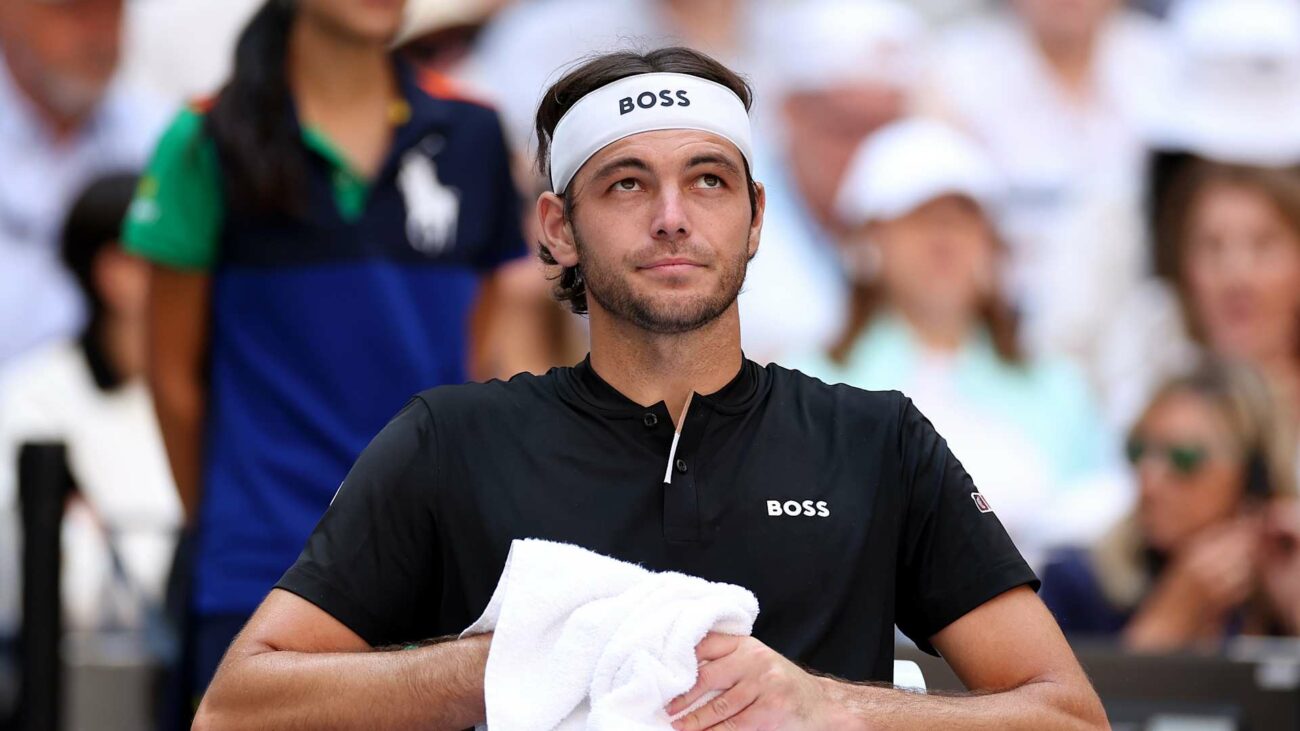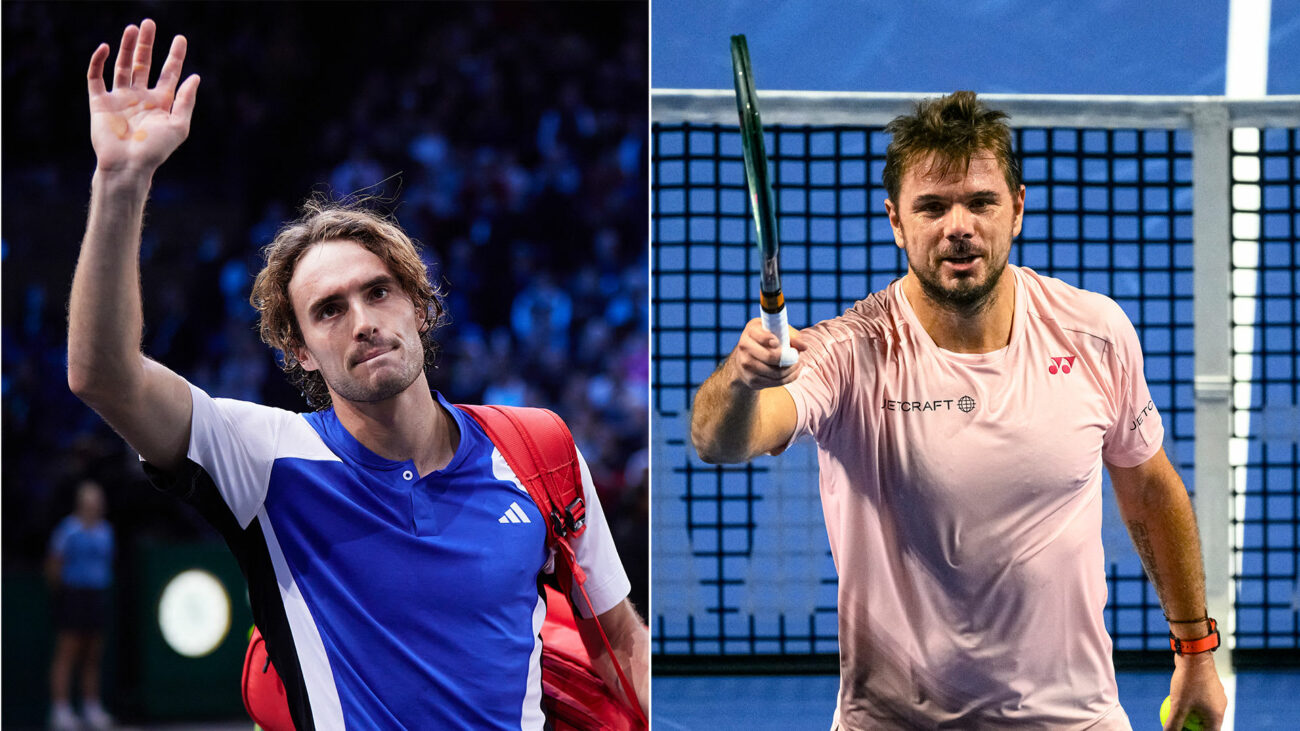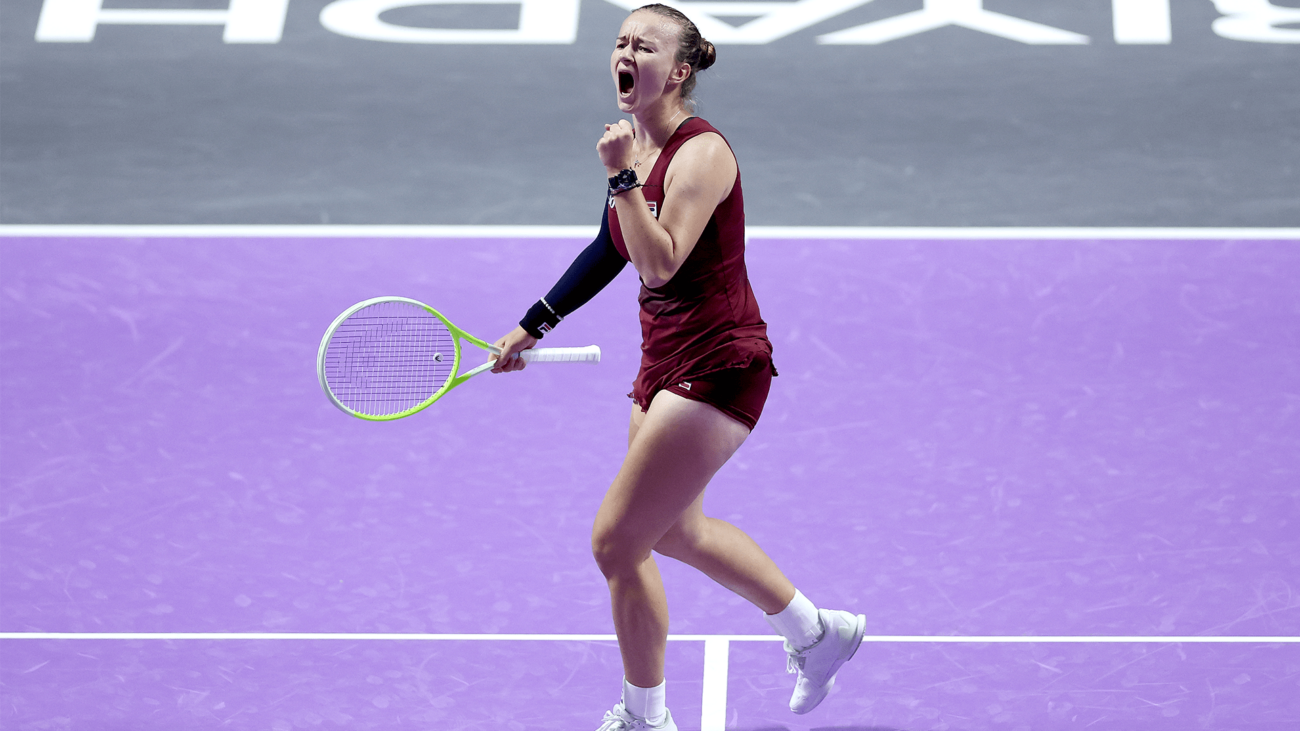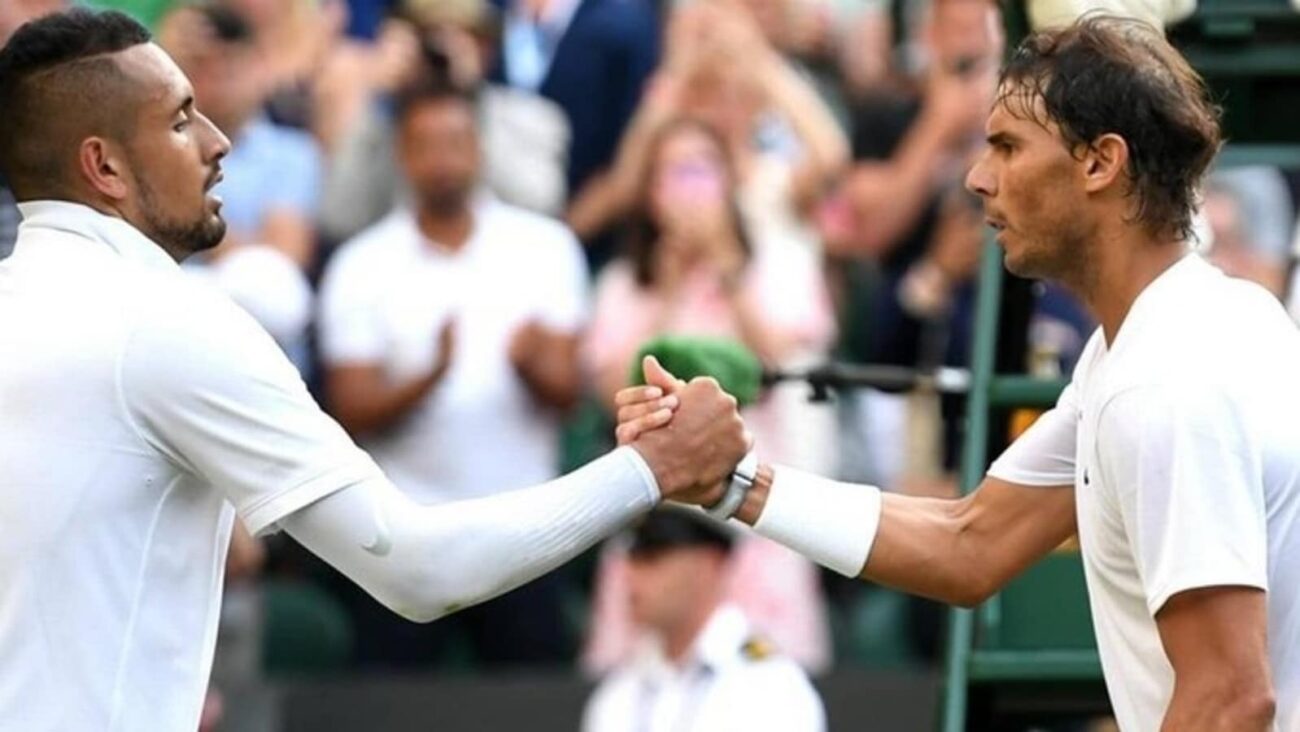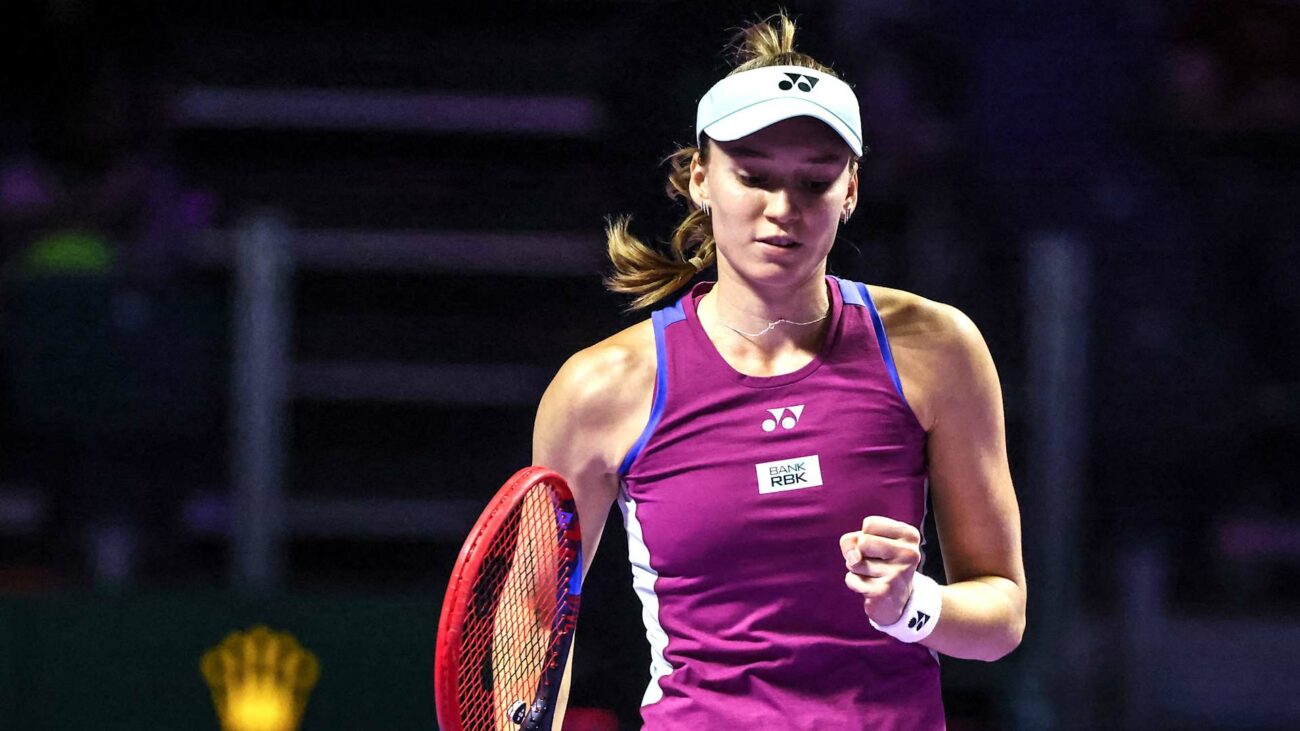Tennis Changeovers: A Critical Time for Mental and Physical Recharge
In the fast-paced world of tennis, changeovers provide a crucial opportunity for players to recompose themselves and prepare for the next phase of the match. While the allotted time may seem brief, changeovers play a significant role in shaping the outcome of a game.
Mental Recharge
Changeovers allow players to release the tension and stress accumulated during the previous games. By taking deep breaths and clearing their minds, they can refocus and regain their composure. This mental recharge is essential for maintaining concentration and making sound decisions throughout the match.
Physical Recovery
The physical demands of tennis can take a toll on players’ bodies. Changeovers provide a chance to rest and recover. Players can stretch their muscles, hydrate, and replenish their energy levels. This physical recovery helps prevent fatigue and injuries, allowing them to perform at their best.
Strategic Planning
For the player leading the match, changeovers are an opportunity to analyze their strategy and identify areas for improvement. They can consider what tactics are working well and where they are giving away points. By planning ahead, they can maintain their momentum and increase their chances of victory.
Opponent Analysis
For the player trailing in the match, changeovers are crucial for assessing their opponent’s strengths and weaknesses. They can identify patterns in their opponent’s play and develop strategies to exploit them. By staying focused and making adjustments, they can turn the tide of the match in their favor.
Mini-Solves
Changeovers also provide an opportunity for players to identify and address specific issues in their game. They can make small adjustments, such as changing their serve or shot placement, to improve their performance. By focusing on mini-solves, players can gradually improve their overall game.
Breaking Down the Match
The 90-second changeover allows players to break down the match into smaller segments. By focusing on the next two games at a time, they can avoid getting overwhelmed by the larger task of winning the set or match. This approach helps them stay present and perform at their best.

